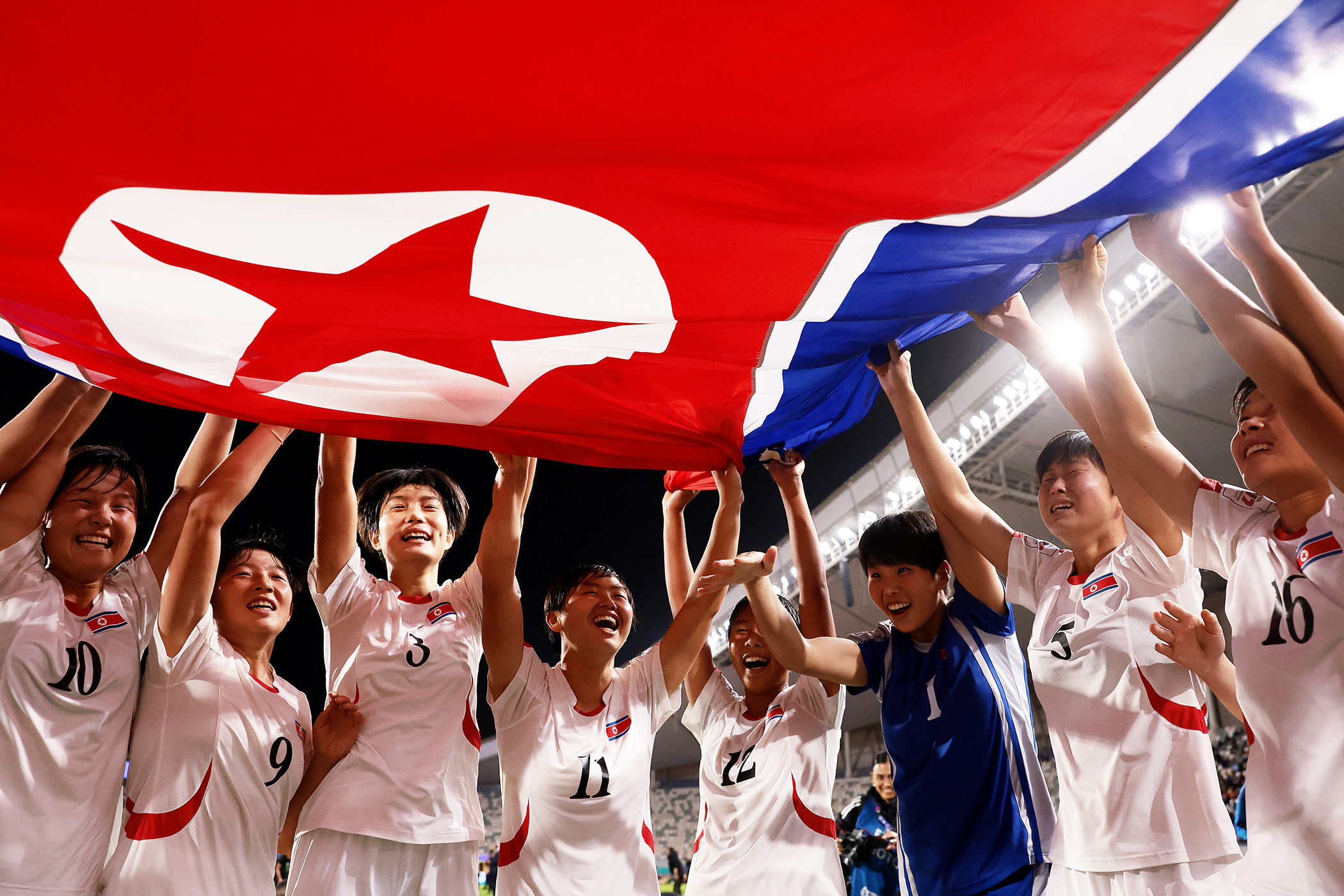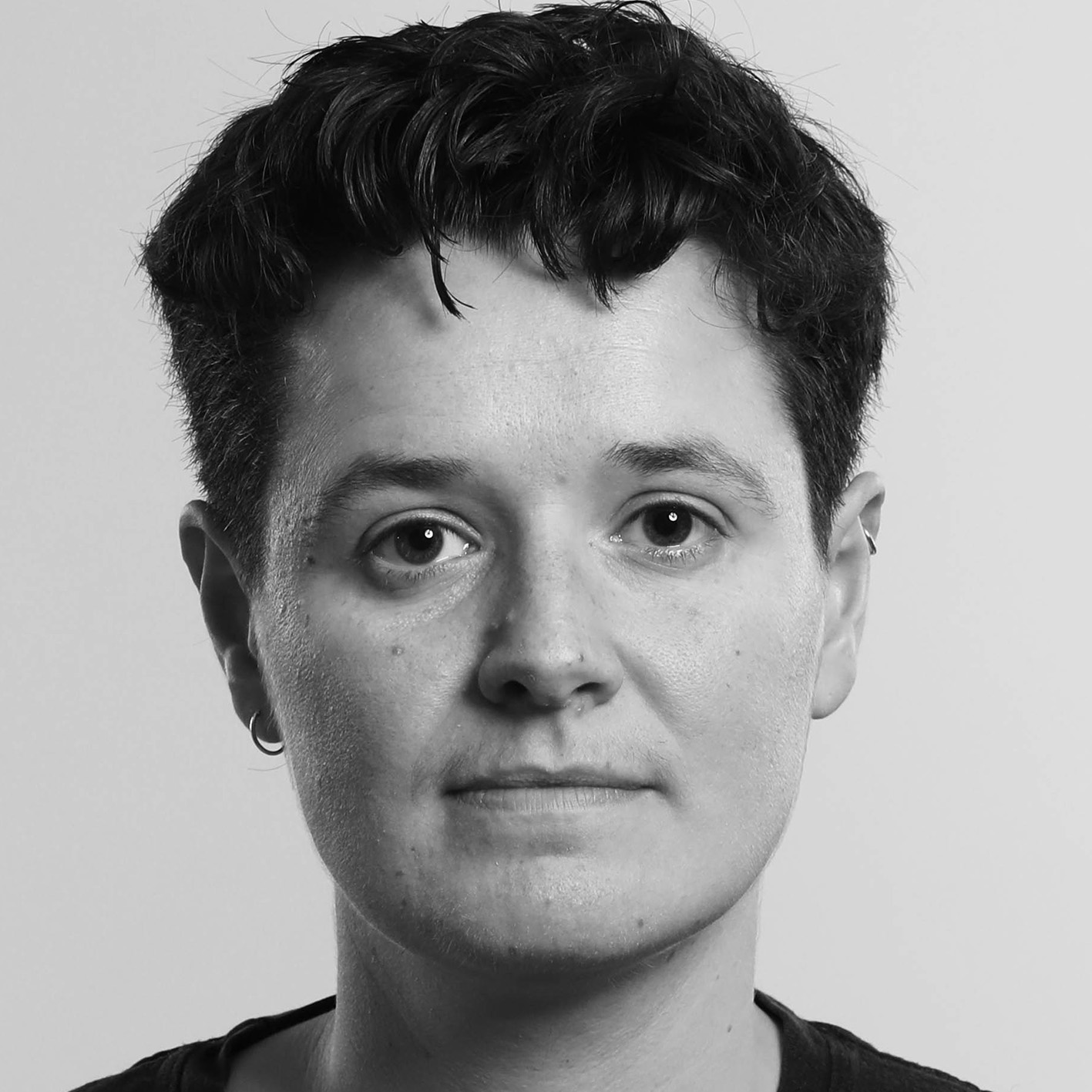On Monday in North Korea, people gathered at television screens in Pyongyang railway station to watch the under-17 women’s World Cup final. North Korea were playing the Netherlands, their second final at this level in two years. In the end, they won comprehensively, beating the under-17 European champions 3-0. The match itself had been played two days earlier. It is unclear whether the match would have been shown if the North Korean team had lost.
North Korea are now the holders of the under-20 World Cup as well as the under-17 World Cup. They have won five of these titles in the last eight years. And no one really knows anything about them.It is close to inconceivable that any of this group of young players – clearly some of the best in the world – will find their way into European senior football, a pathway that has become so popular with their Japanese neighbours that their nation is the second best represented country in the Women’s Super League after England itself.
Instead the North Korean regime has developed a sporting powerhouse of young girls, solely for the benefit of inspiring its own citizens and getting some positive global media coverage.
“When FIFA was considering the introduction of the Women’s World Cup in the early 1990s, North Korea saw that as a window of opportunity,” says Dr Jung-Woo Lee, a senior lecturer in Sport and Leisure Policy at the University of Edinburgh.
“In the western world, women’s football was growing, but not as seriously as it is now. North Korea took it very seriously from the early stages.”
They weren’t the only Asian communist regime to do so. China hosted the inaugural competition and reached the final in 1999. North Korea, meanwhile, made the quarter-finals in 2007, which was also hosted in China. Despite periods of inactivity, the senior team almost made last summer’s Olympic competition, losing to Japan in the two-legged play-off.
However, it is at youth level where they are really excelling, with the Pyongyang Football School acting as a North Korean ‘La Masia’. Children are selected at a young age to attend the school full-time for the entirety of their education. This is seen as giving significant physical and technical advantages to their youth players, which European nations struggle to match without players in the same intensity of set up.
Beyond the physical realities, the heavy incentives for North Korean youth mean the international tournaments increase in importance. Success on a global stage can be life-changing for these players, who will receive significant rewards as a result, including getting to live in Pyongyang with their family which is an important status symbol.
On the pitch, the mentality of team ahead of individual is clear to see, with players often looking to make an extra pass, even if they are through on goal. Occasionally this even leads them to miss good opportunities, but as a side they regularly do look levels above their age-mates from other countries.
For the North Korean regime, winning these tournaments has an internal and external purpose.
Newsletters
Choose the newsletters you want to receive
View more
For information about how The Observer protects your data, read our Privacy Policy
“Kim Jong-Un often says that it is the duty of the national athlete to raise their nation high in foreign lands,” says Dr Lee.
“It reinforces and stimulates a feeling of nationalism and loyalty to the party.”
This recent victory is seen as particularly important as a new five-year cycle of the planned economy will be launched next year. Newspaper reports in North Korea explicitly linked the under-17 girls’ success to the upcoming plan, saying that their win should encourage the nation to give its all to prepare for next year.
Outside of North Korea, the success gives a positive image of North Korea.
“Sport is one of the few ways that North Korea can engage with international society more or less positively,” says Dr Lee.
“Women’s football, especially at youth level, is very good propaganda material for the North Korea region. If you visit the FIFA website, you can see numerous positive stories about North Korea. They all celebrate their success. You can’t see that in any domain other than football.
“That’s the reason why North Korea keeps developing women’s football. Internally, they can reinforce their dominant ideology – nationalism and loyalty to the party and the political leader. Externally, they use the same material to construct positive images of North Korea to an international audience.”
North Korea does have a senior league, which is also used for developing these younger players, but without the development that can come from playing in varied environments, it is hard for them to continue to maintain their advantage at senior level. They have however made a recent return to playing the Asian Cup, and will compete in the tournament in Australia next March. Whether at youth or senior level, North Korean women’s football will continue to be an instrument of soft power for the regime.
Photograph by Jonathan Moscrop – FIFA via Getty Images



